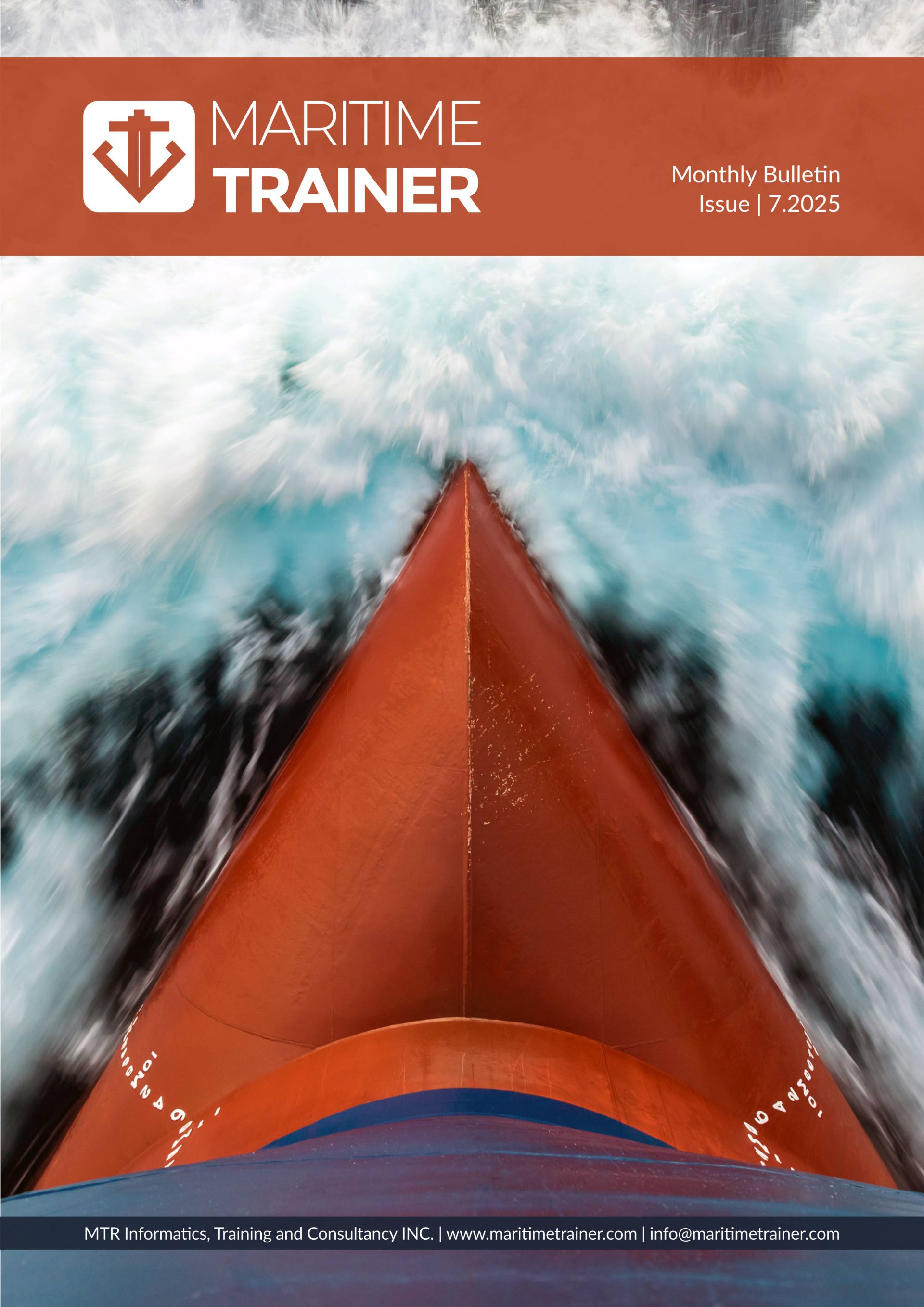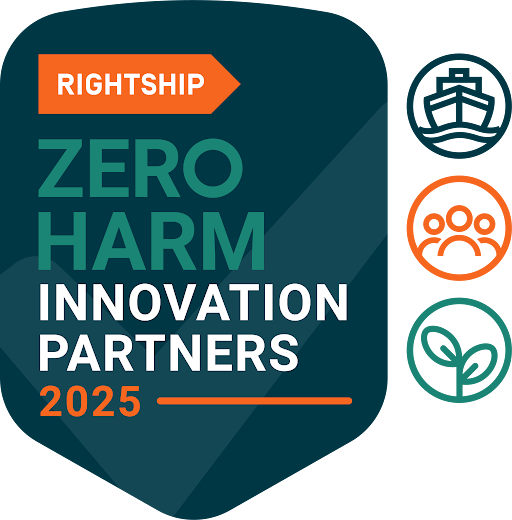
July 2025 marks a critical juncture for the maritime industry, where the push for technological innovation intersects with the pressing realities of an ageing fleet and the timeless need for a strong human element. This month's key developments reveal a sector in transition, grappling with future-focused regulations for autonomous vessels while addressing fundamental safety and environmental challenges.
The conversation around Maritime Autonomous Surface Ships (MASS) is accelerating. A recent symposium co-hosted by the IMO and Norway brought together regulators and industry pioneers to discuss the real-world application of autonomous technology. The key takeaway was the urgent need for the IMO MASS Code, a regulatory framework to ensure that progress in automation is matched by robust safety and environmental standards. As IMO Secretary-General Arsenio Dominguez noted, insights from existing projects are vital for developing a balanced and inclusive regulatory framework. The future of shipping will undoubtedly involve a powerful synergy between humans and intelligent machines.
A sobering new report from DNV, "Maritime Safety Trends 2014-2024," has cast a spotlight on worrying safety statistics. The report finds that maritime casualty incidents have surged by 42% between 2018 and 2024, a period where the global fleet grew by only 10%. Machinery damage/failure is the primary cause, accounting for 60% of cases in 2024. The data shows a clear correlation with vessel age, as ships over 25 years old were involved in 41% of all reported incidents. The findings are a stark call to action for the industry to enhance maintenance protocols, upgrade systems, and invest in crew training to mitigate the risks associated with operating older vessels.
As technology reshapes onboard operations, the value of human skills has never been higher. The maritime industry is recognizing that technical proficiency alone is not enough. A recent forum highlighted the need to cultivate a culture of proactive seafarers through the development of soft skills. Leadership, critical thinking, problem-solving, and clear communication are essential for enhancing teamwork, especially in multicultural crews. Proactive thinking—anticipating issues before they occur and questioning outdated practices—transforms seafarers from operators into active leaders in safety and efficiency. This shift requires adaptive leaders who can foster a culture of continuous improvement and empower every crew member to contribute.
The IMO is also intensifying its efforts to protect the marine environment from invasive aquatic species. At the recent UN Ocean Conference, the organization highlighted its work on controlling biofouling—the accumulation of organisms on ships' hulls—and is moving towards establishing a legally binding global framework.
In other regulatory news, China's Maritime Safety Administration (MSA) has updated its Ship Pollution Response Agreement Regime. The new measures, effective since May 20, 2025, aim to standardize the regime, strengthen the management of Ship Pollution Response Organizations (SPROs), and enhance their emergency capabilities.
Two recent case studies underscore the importance of diligence and preparation:
- An uncontrolled lifeboat release on a newly acquired vessel was traced back to improperly stored equipment by the previous crew. The incident serves as a critical reminder that all systems on newly managed vessels must undergo comprehensive, close-up inspections and testing.
- A difficult docking resulting in contact with a pier was caused by a combination of strong currents, shallow water, communication gaps between the bridge team and pilot, and a delayed anchor deployment. This highlights the non-negotiable importance of pre-berthing planning, clear communication, and regular emergency drills.
To support the industry's evolving needs, Maritime Trainer has launched and updated several key courses:
- 1604 - Harassment and Bullying (V2): This redesigned course provides deeper insights and practical tools to foster a respectful and safe working environment, addressing the serious impact of these behaviors on mental health.
- 1164 - Strait of Malacca & Singapore: This course prepares seafarers for safe and efficient transit through one of the world's busiest and most complex waterways.
- 1172 - LNG Dealing with Emergencies: As LNG becomes more common, this course equips professionals with the skills to safely manage emergencies, covering LNG properties, procedures, and safety measures.
- 1167 - Methanol Fuel Management and Safety: Supporting the transition to cleaner fuels, this course covers the safe and efficient management of methanol, from bunkering and storage to risk assessment.
The themes of July 2025 are clear: the maritime industry must balance its pursuit of advanced technology with a renewed focus on foundational safety principles and the empowerment of its people. Addressing the risks of an ageing fleet while preparing for an autonomous future requires a holistic approach, where robust regulations, proactive leadership, and continuous training work in concert to ensure a safer, smarter, and more sustainable maritime sector.
Discover More:
Download and read the full version below!
For more information and to stay updated with the latest developments, connect with us on
Linkedin,
Facebook,
Instagram, and
YouTube. For inquiries, please contact us at sales@maritimetrainer.com.





